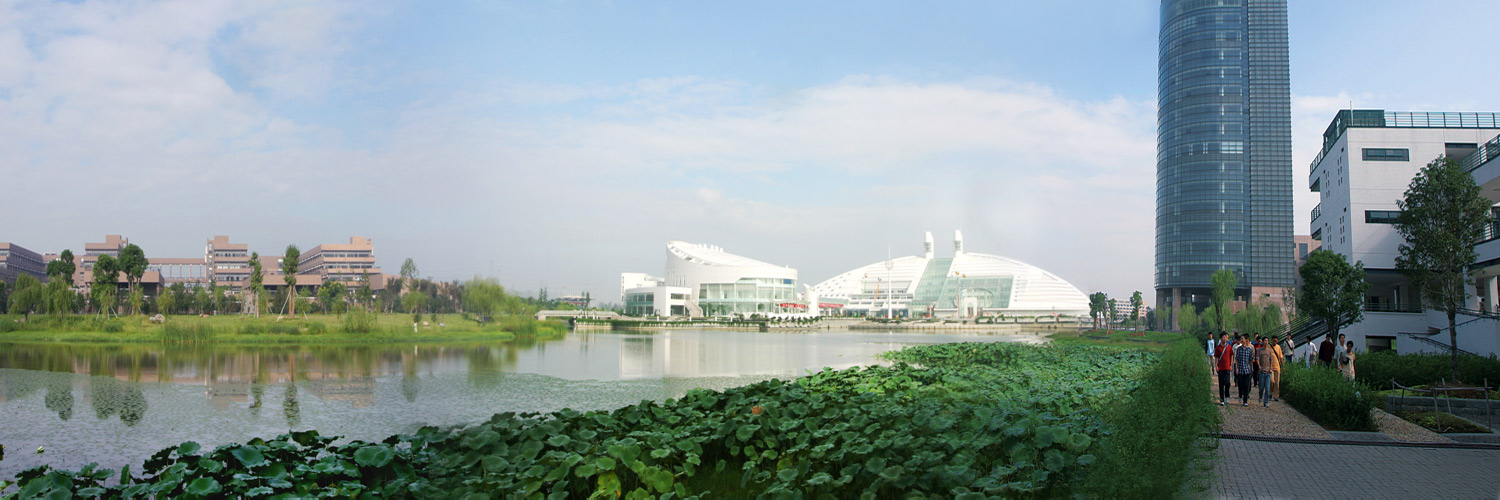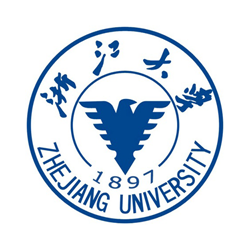
In September 1998, a new Zhejiang University was established on the basis of the amalgamation of the four former individual universities, namely Zhejiang University, Hangzhou University, Zhejiang Agricultural University and Zhejiang Medical University, which were all located in the garden city of Hangzhou.
Approved by the State Council, the founding of the new Zhejiang University has been a significant move in the reform and development of China’s higher education. The four universities have grown out of the same ancestry, the Qiushi (with the literal meaning of “seeking truth” in Chinese) Academy, which was founded a century ago as one of the earliest institutions of higher learning in China. As a result, they have all inherited from it the spirit of “Qiushi” and at the same time, built up their own distinctive features in teaching and research.
Under the direct administration of China’s Ministry of Education, the new Zhejiang University is a key comprehensive university whose fields of study cover eleven branches of learning, namely philosophy, literature, history, education, science, economics, law, management, engineering, agriculture and medicine. The university, now has 107 specialties for undergraduate studies, and it is entitled to confer masters degrees in 225 programs and doctoral degrees in 138 programs. Under its administration there are:
- Eleven National Key Laboratories
- Two National Engineering Research Centers
- Three National Engineering Technology Centers.
